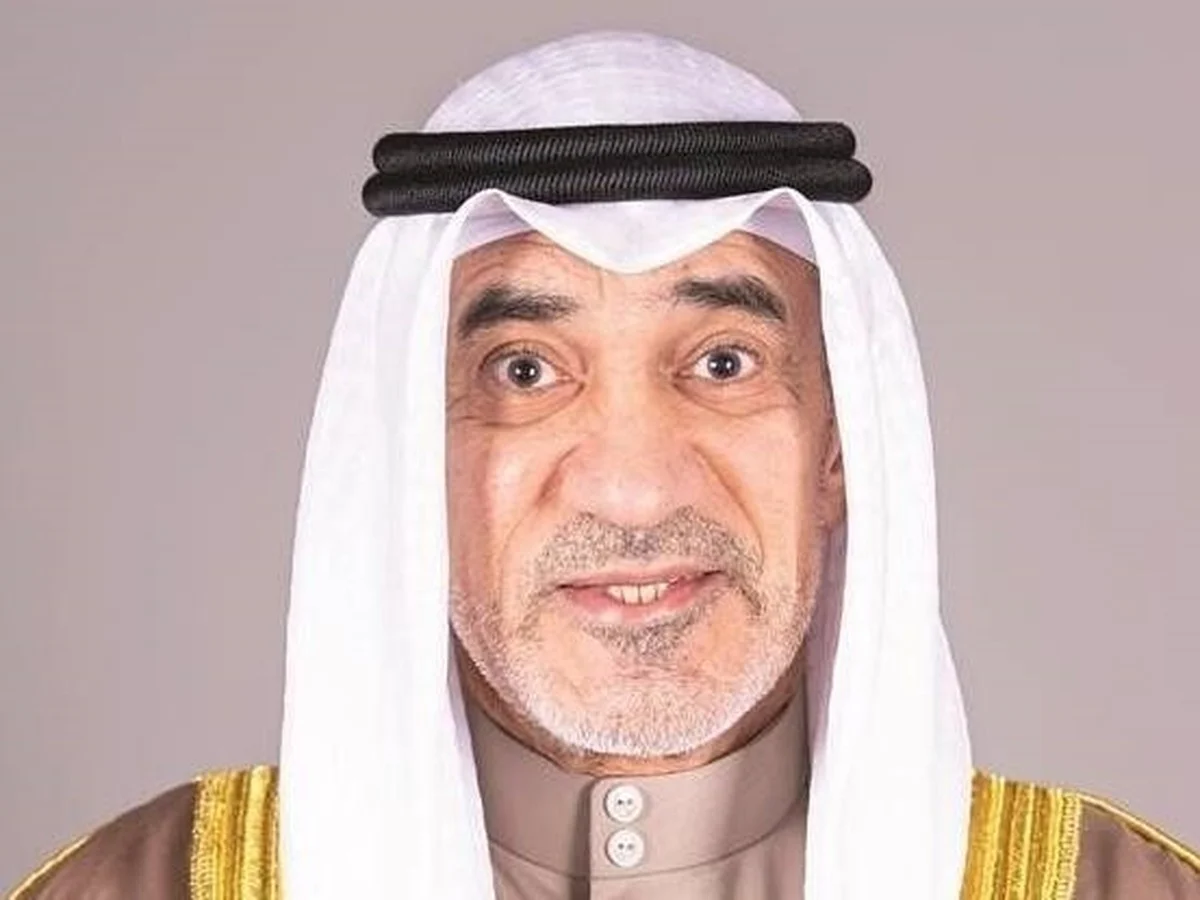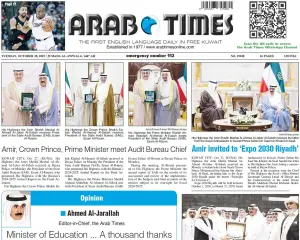28/10/2025
28/10/2025

KUWAIT CITY, Oct. 28: First Deputy Prime Minister and Interior Minister Sheikh Fahad Al-Yousef has stressed that the decision to reinstate citizenship revoked under Articles 5 and 8 rests solely with His Highness the Amir, Sheikh Meshal Al-Ahmad, and defended recent revocations under Article 5 — the “noble works” clause — as deliberate and clear.
“I don’t believe there is a greater or more noble deed done for Kuwait than the martyrs who sacrificed their blood for it,” Sheikh Fahad told attendees at the Khalifa Diwaniya in Khaldiya, saying noble-works status should be reserved for those killed defending the country, whether in wars or in the war to liberate Kuwait.” He added that many people granted citizenship under that provision were civilians, company employees or association workers and that “the method or ways in which they obtained Kuwaiti citizenship for themselves, their children, and their grandchildren were not correct.”
The minister warned that improperly granted citizenship has undermined national standards. “Those whose hearts are with Kuwait are different from those whose hearts are with the dinar,” he said, adding that probes into troublemakers’ nationalities frequently reveal “false” identities.
Sheikh Fahad said many who were naturalized under the “good works” clause or Article 8 do not live in Kuwait yet continue to receive privileges abroad, but stressed, “We have not cut off anyone’s livelihood.”
Turning to historical fraud, he asked rhetorically, “Where are the counterfeiters who entered the country in the 1950s and 1960s?” and said many of those families fled decades ago — leaving children behind — while large numbers of native citizens continue to lack jobs, homes, and other basic services.
On law and order, Al-Yousef defended tougher traffic enforcement, saying “a country where laws are enforced and respected is called a country,” and warned that past failures to enforce laws led to chaos. He nevertheless pledged to issue instructions to avoid disturbing mourners at cemeteries and to prevent traffic violations that harass funeral processions.
On demographic policy, he said His Highness the Amir’s priority is workers’ cities, highlighting housing for laborers in Jleeb Al-Shuyoukh. The Public Authority for Manpower, which reports to him, is supervising workforce placement and granting company quotas under specific regulations aimed at managing numbers, preventing demonstrations, and avoiding nationalist or sectarian tensions.
Sheikh Fahad criticized entrenched patronage, saying “wasta was the food of Kuwait,” and recounted finding tribal appointments and absenteeism at customs during his tours. He said he is pushing to reform the Civil Service law so that practices built 30 years ago are modernized.
To combat money-laundering, he confirmed cash sales of gold were stopped months ago and warned any gold retailer dealing in cash — including pharmacies — would be shut. Sales above 10 dinars must be processed via K-NET.
On visitors and visa policy, Al-Yousef said citizens of 52 countries can obtain visas on arrival and that an online “Visa Kuwait” platform launched five weeks ago allows travelers to apply from home for a fee; those found barred on arrival are returned to their points of origin and denied access through the app. He said Kuwait treats all countries equally on visa fees.
He closed with an appeal for civic responsibility: “If we want to destroy Kuwait again, it will be by our own hands, and if we want to preserve Kuwait, it will be by our own hands,” urging citizens to act as watchdogs and report violations to authorities.


